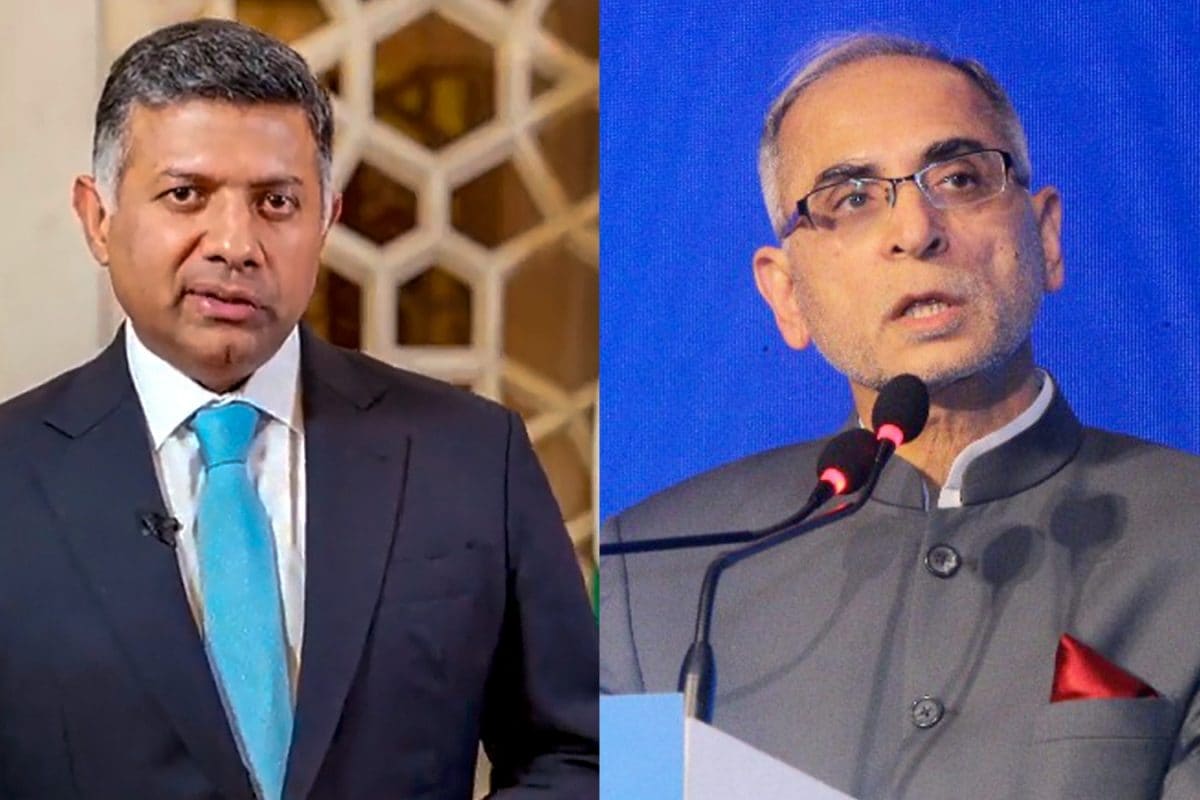

Following the deadly terror attack in Pahalgam, Jammu and Kashmir in April 2025, which resulted in the deaths of 26 individuals, mostly Indian tourists, India has intensified its diplomatic pressure on Pakistan through its network of over 200 missions worldwide. The attack, attributed to militants connected to The Resistance Front, a group allegedly linked to Pakistan-based Lashkar-e-Taiba, has become a turning point in the already strained relationship between the two nations.
In the immediate aftermath of the Pahalgam attack, India implemented a series of decisive measures aimed at isolating Pakistan diplomatically and economically. These actions included the suspension of the Indus Waters Treaty, a move that could potentially restrict Pakistan's access to vital water resources. Additionally, India closed the Attari-Wagah border crossing, a key transit point, and revoked the SAARC Visa Exemption Scheme for Pakistani nationals. These steps were accompanied by a reduction in the staff strength of both countries' High Commissions, limiting diplomatic presence and operations.
Furthermore, India has been actively engaging with international partners to garner support for its position and to highlight Pakistan's alleged role in supporting cross-border terrorism. Following retaliatory strikes on terrorist infrastructure in Pakistan and Pakistan-occupied Kashmir, India briefed key countries, including the United States, the United Kingdom, the United Arab Emirates, and Russia. This proactive diplomatic outreach aims to build a consensus against terrorism and to pressure Pakistan to take concrete steps to dismantle terrorist networks operating within its borders.
India's diplomatic offensive also extends to the digital realm. The government has blocked Pakistani YouTube channels and social media accounts accused of spreading misinformation and provocative content related to the Pahalgam attack. This measure seeks to counter what India perceives as a deliberate campaign to incite tensions and undermine its narrative.
The impact of these measures has been significant. Bilateral trust has eroded further, and regional diplomacy has suffered a setback. Trade connections between the two countries have been curtailed, and multilateral partnerships like the South Asian Association for Regional Cooperation (SAARC) face an existential crisis. The diplomatic freeze has also disrupted confidence-building initiatives and people-to-people exchanges, exacerbating polarization and hindering nuanced dialogue.
Despite the heightened tensions and the risk of escalation, some analysts believe that a full-scale war is unlikely. Both nations are aware of their nuclear capabilities and are under international pressure to exercise restraint. However, the normalization of limited military interactions and the potential for miscalculation remain concerning.
The United States has adopted a hands-off approach to the current conflict, with the Vice President stating that the issue is "not our problem". This stance may provide India with more freedom in its response but also reduces diplomatic pressure on Pakistan to de-escalate.
Looking ahead, the path to de-escalation and stability will require a multi-faceted approach. This includes recalibrated counterterrorism strategies, renewed multilateral engagement, and a commitment to peaceful resolution of disputes. The international community must also play a constructive role in facilitating dialogue and promoting regional stability.